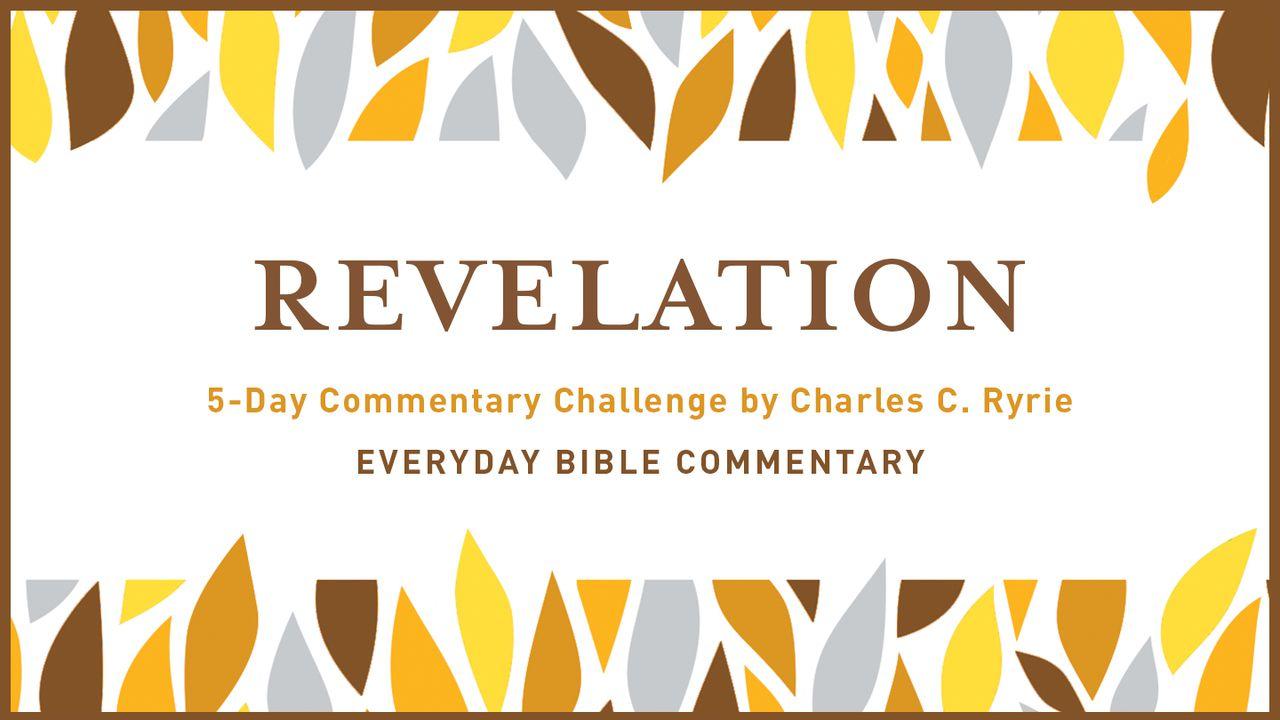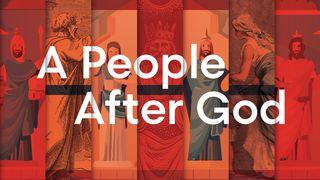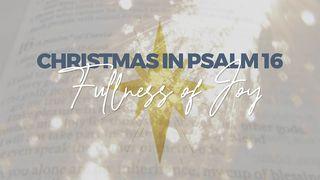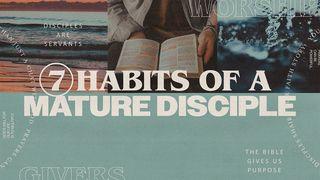5-Day Commentary Challenge - Revelation 2-3 Sample

The Letter to Laodicea, 3:14–22
Destination, 3:14
These seven churches lie within a great geographic arc beginning with Ephesus, swinging northward through Smyrna and Pergamum, and southeast to Laodicea. This last city is about ninety miles due east of Ephesus and about forty-five miles southeast of Philadelphia. It was a wealthy city, able to rebuild itself in AD 60 without the aid of Rome (or God!). It was also a medical center known for an ointment for treating ears and a powder for the eyes. The church, like the city, put its trust in material things rather than spiritual. The name of the town means “judgment of the people,” and the church exhibits characteristics of the modern period.
The Lord, 3:14
The risen Lord presents Himself to this church as “the Amen” (confirming all that He says), “the faithful and true Witness” in contrast to all the false prophets, and “the Beginning of the creation of God” (indicating His priority over all creation; cf. Col. 1:17). He is the unalterable standard by which all must be measured.
Condemnation, 3:15–17
Though outwardly this church must have appeared strong and prosperous, the Lord finds nothing to commend. His stern condemnation is against two things:
1. Gross indifference (vv. 15–16). Near Laodicea were hot mineral springs whose water could be drunk only if very hot. When lukewarm, it became nauseating, as this church had become.
2. Spiritual poverty and self-deception (v. 17). The phrase “I am rich, and have become wealthy” implies that the church was boasting of getting her wealth by her own effort. In reality she was poor, blind, and naked, though she did not recognize her true state.
Exhortation, 3:18–19
The exhortation is for the church to find in Christ true riches (“gold refined by fire”), unfeigned purity (“white garments”), and spiritual sight to see her true condition. The reference to eye salve alludes to the medicine made in Laodicea, which was to be smeared on the eyes.
Promise, 3:20–22
It seems unbelievable that Christ should be outside the door of His own church, but this is exactly what verse 20 pictures. Yet He still extends His offer of grace to any individual who will invite Him into his or her heart. When the Savior comes in, He will take whatever the individual offers (“dine with him”) and give to the individual all the riches that He has to offer (“and he with Me”). Then to that believer is promised true exaltation in association with Christ in His millennial rule (v. 21).
Summary
What are some of the universal lessons we can learn from these seven letters? (1) Times and churches have not changed much. Coolness and compromise are there on the part of some, as well as good works and faithfulness on the part of others. (2) The culture in which we live often rubs off on our church life—usually not for good. (3) The Lord is more interested in developing our character than in the routine continuing of our performance. (4) Christ is not only the head of the universal church, which is His body, but He is also the head of local churches, walking in their midst and concerned about their direction and conduct. Regrettably, however, local churches can ignore or push aside their Lord and go their own ways—but, of course, not without His knowing what is going on.
Note from the Publisher: We hope that you have been encouraged by this 5-day commentary challenge from Charles C. Ryrie. You can pick up a copy of Revelation - Everyday Bible Commentary at moodypublishers.com
Scripture
About this Plan

This reading plan is from the Everyday Bible Commentary on Revelation 2-3 and will help you develop a deeper understanding of Jesus' letters to the churches. It is for anyone who has a desire to increase their understanding of Scripture and strengthen their relationship with God.
More
We would like to thank Moody Publishers for providing this plan. For more information, please visit: https://www.moodypublishers.com/books/bible-study-and-reference/revelation--everymans-bible-commentary/
Related Plans

Lessons From Some Hidden Heroes in the Bible

A People After God

Built to Serve

Impulses for the Way: 30 Days on the Camino De Santiago

Be Still and Know

Christmas in Psalm 16: Fullness of Joy

Made for This

And His Name Shall Be Called

7 Habits of a Mature Disciple
